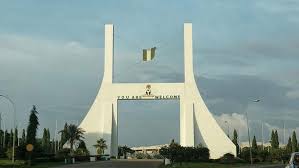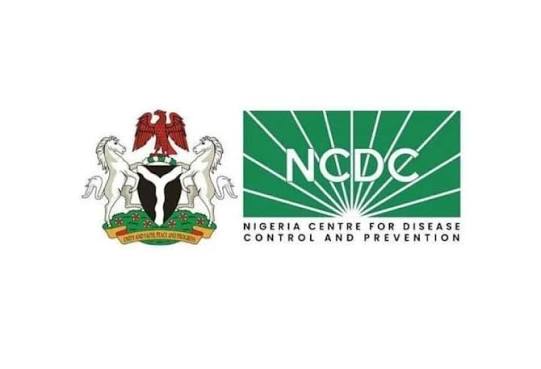FCT Tops List of Foreign Investment Destinations in Nigeria, Says NBS Report

The Federal Capital Territory (FCT) has emerged as the leading destination for foreign investment in Nigeria, outpacing Lagos in the first quarter of 2025, according to the latest Nigeria Capital Importation report released by the National Bureau of Statistics (NBS).
The report revealed that the FCT attracted a total of $3.04 billion in capital inflows, accounting for 54.11 percent of the total capital imported into the country.
Lagos followed closely with $2.56 billion, representing 45.44 percent of the total. Other states that recorded capital importation included Ogun with $7.95 million, Oyo with $7.81 million, and Kaduna with $4.06 million.
Overall, Nigeria recorded a total capital inflow of $5.64 billion in Q1 2025, marking a 67.12 percent increase compared to the $3.37 billion recorded in Q1 2024. When compared with the previous quarter (Q4 2024), capital importation also rose by 10.86 percent from $5.08 billion.
The NBS report showed that portfolio investments dominated the inflow, accounting for $5.20 billion or 92.25 percent of the total capital imported. Other investments followed with $311.17 million (5.52 percent), while Foreign Direct Investment (FDI) trailed significantly with only $126.29 million, making up just 2.24 percent of the total.
Sectoral analysis indicated that the banking sector received the largest share of capital with $3.12 billion (55.44 percent), followed by the financing sector at $2.09 billion (37.18 percent), and the production/manufacturing sector with $129.92 million (2.30 percent).
The majority of capital inflows originated from the United Kingdom, which contributed $3.68 billion, representing 65.26 percent of the total. This was followed by the Republic of South Africa with $501.29 million (8.88 percent), and Mauritius with $394.51 million (6.99 percent).
In terms of financial institutions, Standard Chartered Bank Nigeria Ltd received the highest capital importation, totalling $2.10 billion (37.29 percent). Stanbic IBTC Bank PLC followed with $1.39 billion (24.78 percent), while Citibank Nigeria Limited received $1.05 billion (18.66 percent).
The data highlights a shifting trend in foreign investment patterns in Nigeria, with the FCT taking the lead ahead of the commercial hub of Lagos. Analysts suggest that this could be a reflection of growing investor confidence in Abuja’s emerging infrastructure, policy stability, and proximity to federal institutions.
As Nigeria continues to seek ways to attract sustainable foreign investments, the report provides crucial insight into the sources, sectors, and states that are currently driving capital inflow into the country.









